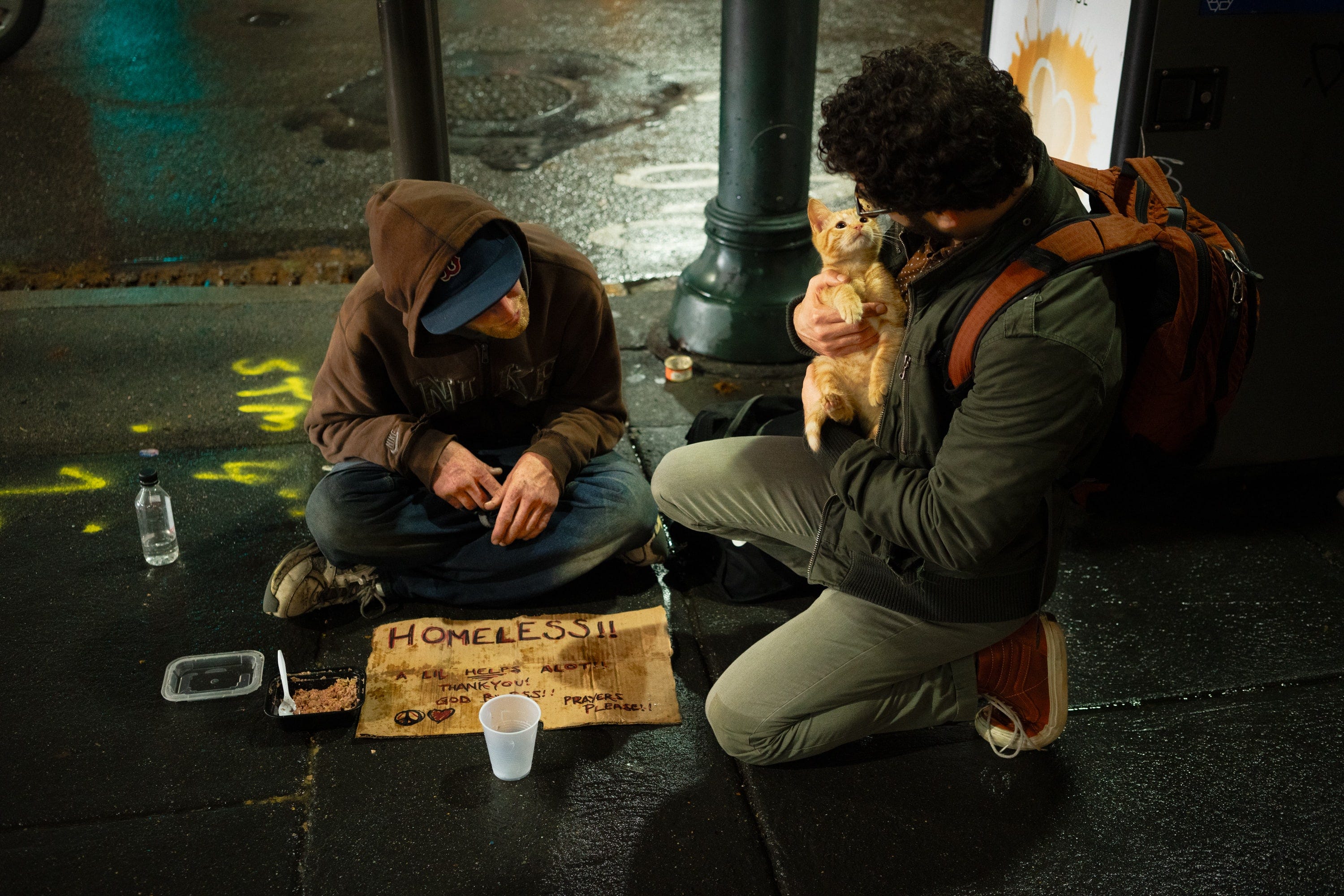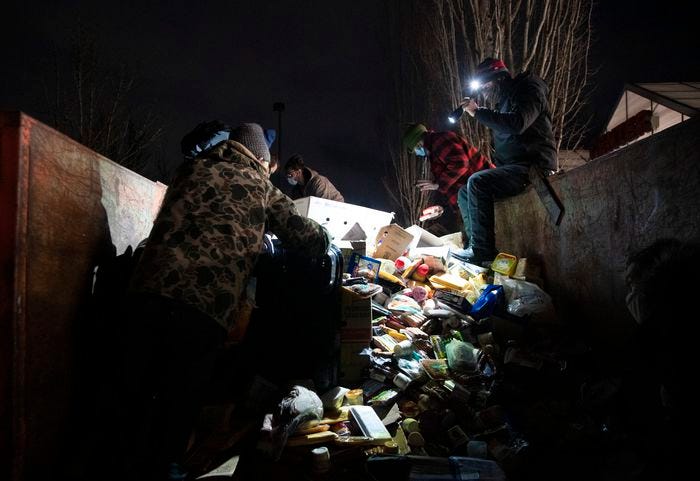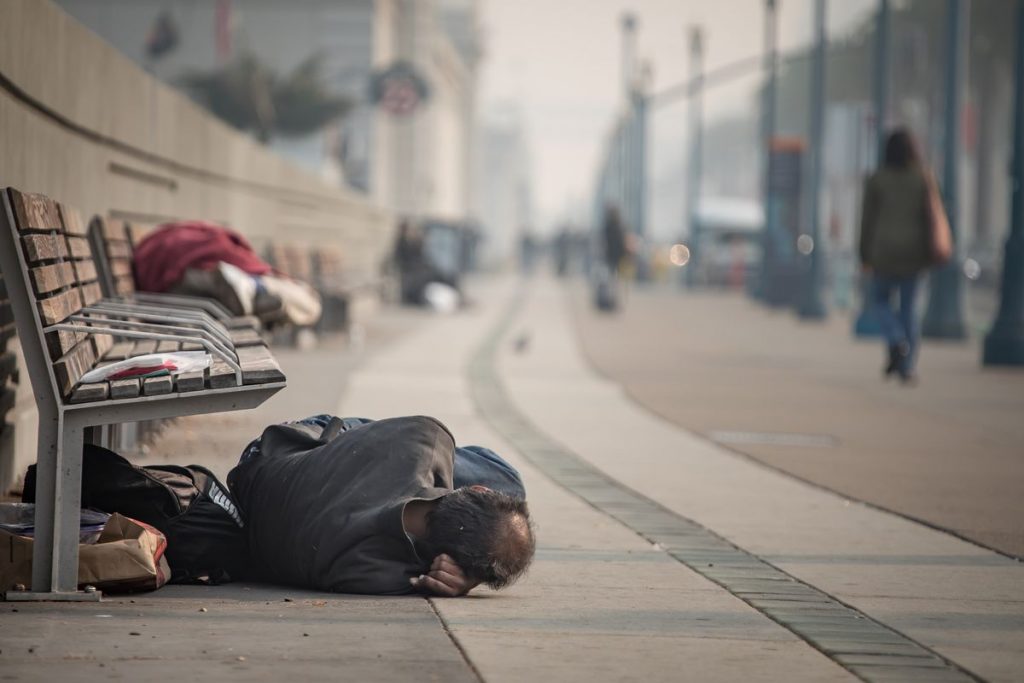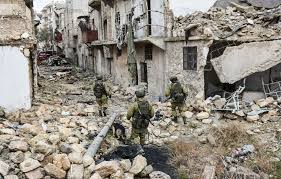What has society done to our hearts?

With Texans freezing and hungry in winter storm Uri, Colorado City, TX Mayor Tim Boyd took to Facebook to tell his constituents, “Fend for yourselves. Only the strong will survive and the weak will perish. The City and County, along with power providers or any other service owes you NOTHING! I’m sick and tired of people looking for a damn handout.”
Spoken like a true Republican. But Mayor Boyd was only giving voice to the cruelty that has run through America’s veins and brains since the British first settled here. Many Americans consider hard-heartedness a virtue. They call making people suffer, ‘promoting individual responsibility’ and have managed to create a society of widespread misery in the midst of affluence.
Millions of Americans don’t go along with the cult of cruelty, though. They are fighting for a society based on caring, in which people help each other. During winter storm Uri, Rep. Alexandria Ocasio-Cortez (AOC) raised $5 million dollars in three days from online supporters and brought it to Texas to feed people and provide supplies. People care, and they want a society that cares. We can see the battle between cruelty and caring play out in a dozen ways, including:
Denying people food
Recently, a Fred Meyer grocery in Portland, OR dumped loads of refrigerated food after a storm-caused blackout shut down their freezers. When activists came to distribute the discarded food to hungry people in the city’s warming centers and shelters, the store called the police. The cops spent three hours guarding the dumpsters, making sure the food would not be used to feed people, before finally backing off.

Fred Meyer managers were acting in a long tradition of destroying needed food. In the Great Depression of the 1930s and since, food dealers and farmers have burned or dumped food, in order to keep prices up. Sometimes they would destroy food right in front of hungry people, as John Steinbeck described in Grapes of Wrath.
At the same time, thousands of Americans devote much of their lives to saving food and getting it to people who need it. There are food banks and soup kitchens; organizations like Second Harvest and Feeding America that collect food from farms, stores, and restaurants where it would go to waste.
Homelessness
Surveys find about 600,000 people sleep in streets and parks each night in America. Yet, the U.S. Census Bureau reported in 2018 that over 17.000,000 housing units are vacant in the U.S., about 28 vacant units for each homeless person. Even though homelessness brings misery, disease, and early death, society not only fails to house poor people, but actively works to make them suffer.
Police routinely confiscate possessions of people living on the street. These sweeps often take people’s blankets and tents, even in the cold of winter. The American Civil Liberties Union has filed and won suits in cities around the country to stop this extraordinary cruelty, but the sweeps continue.

image sfcurbed.com
Some cities have made cruelty to the homeless government policy. Cities have taken to embedding spikes on flat surfaces or removed park benches, so people won’t have places to rest.
It’s not just police and officials attacking those without houses. Ordinary citizens do, too. There is a category of crime called Hate Crimes Against the Homeless, which includes throwing stuff at them, dumping water on them while they sleep, beating them or even killing them. Fortunately, most of us don’t do sadistic things like that, but we walk by homeless people without acknowledging them or doing anything to help.
Caring people build tiny houses to give homeless people shelter, although cities often destroy them. There are squatters’ movements in some cities, creating communities in unused properties. Many groups and individuals, and some governments feed the poor or get them access to showers and places to wash clothes.
Mass incarceration
The U.S., which calls itself the Land of the Free, imprisons far more people than any other country in the world. According to The Sentencing Project, there are 2.2 million people in the nation’s prisons and jails — a 500% increase over the last 40 years, although crime did not increase.
Imprisoning people devastates their lives and communities. Prisoners lose contact with families; they lose careers and jobs; they face daily violence from guards and other inmates. Suicide is common. Children lose their fathers; wives lose their husbands, communities lose their entrepreneurs. Crime victims typically are not compensated or supported to deal with their trauma; the system focuses only on punishment. Mass incarceration is cruelty, not justice.
Most countries do not deal with troubled people by locking them up, unless they pose a serious threat of violence. They may supervise, mentor, and support offenders, while protecting and compensating victims of crime.
This program is often called restorative justice, and it is used successfully in American jurisdictions. Including Genesee County, New York. Offenders are required to make restitution, do community service, meet regularly with a mentor, and listen to victims tell how they have been hurt. Their program has a far lower recidivism rate than incarceration and saves Genesee County millions of dollar.
Now, some school districts such as Oakland, California’s have started restorative justice programs. These programs create stronger school communities, reduce rates of suspension and expulsion nearly to zero, and break up the school-to-prison pipeline. Their program takes advantage of people’s natural tendency to care for each other, giving troubled kids time and attention, forcing them to have hard conversations.
Sanctions
As cruelly as America treats its own people, it does far worse in other countries. I won’t even mention the bombing, drone wars and invasions, just focus on the economic sanctions imposed on at least 30 countries, from Russia and Cuba to Libya and Venezuela.

War and sanctions on Syria Image warontherocks.com
Particularly hard hit have been Syria, Venezuela and Iran, where the U.S. has declared secondary sanctions, meaning we will sanction any other country that trades with the target country. For countries that depend on exports, secondary sanctions are strangulation.
Venezuelan companies have had their bank accounts closed, their assets frozen, food and medicine imports restricted. In Syria, half the country lies destroyed in a proxy war carried out by Jihadists, paid and armed by the U.S. Now American sanctions prevent any reconstruction of the country, while millions huddle in refugee camps. Political and religious antiwar groups fight to get the U.S. government to drop the sanctions, but so far, both Republican and Democrat administrations keep tightening them.
From a long and heartbreaking list of American cruelties, I will mention only one more: factory farming. Billions of sentient animals kept in tiny cages and tortured for a lifetime, then slaughtered for food. How much of that cruelty carries over to our relationships with people?
Where did this cruelty come from?
The USA has a 400 year history of savage systemic cruelty. We can’t escape it; we can’t pretend it’s not living inside us, shaping our attitudes and actions. We have to face our history and grow:
۰At the time that America’s founders fled, England was extraordinarily cruel. Over 200 crimes were punishable by death. Many English settlers came here as indentured servants for one or another petty crime. They were all traumatized, and that trauma shaped how they structured the society we live in.
٠ Slavery — No human relation ever has been more cruel than chattel slavery. Families were sold apart; slaves tortured, raped, murdered, or worked to death. This history has an effect on everyone living here: victims, victimizers, and onlookers.
۰ Genocidal expulsion of the Native Americans. Indians were repeatedly massacred and driven off their lands to starve. A nation founded on treating different people as nonhuman is likely to be an uncaring one
٠ The Protestant work ethic — People came here from Europe with a religious belief that people were born sinful. Their problems were their own fault, and the only way out of them was hard work. Helping people was bad for them, because it reduced their self-reliance.
۰ Capitalism — We’re not talking here about free markets, but about government by the greediest. When greed is good, cruelty is inevitable. Money spent helping people is money wasted.
Caring vs. cruelty, not capitalism vs. socialism
This isn’t so much about economic systems. All systems can be cruel. We have to make a conscious decision to care for each other. World leaders including Pope Francis, less-known teachers like Rabbi Michael Lerner, and indigenous communities constantly promote the ideas of a caring society. So do millions of people who volunteer and help others in their daily lives.
Maybe human biology evolved us to behave cruelly, at least to outsiders. Hopefully, we can outgrow that tendency before it’s too late. I’m pretty sure it won’t be enough for us to go around doing nice individual things, although that makes us feel better. On a higher level, abandoning some of government’s cruel practices, like stopping sanctions and freeing nonviolent inmates would be easy. Others, like ending homelessness and closing factory farms would be harder, but if we make caring the new normal, we can have a far better society.
